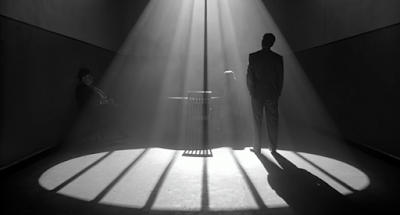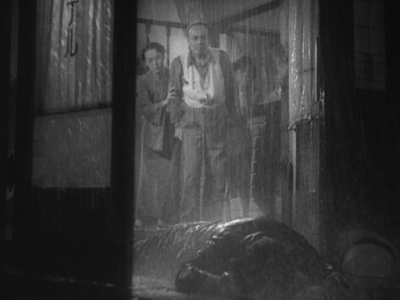Jobs in Cinematography
The camera is the most important tool on set. Without a camera, there is no movie. After the director, the Director of Photography is the second creative person on set. There has been a lot of speculations about the role of a cinematographer. Though Indian cinematographers take care of framing, composition and lighting also, other industries including Hollywood, China etc have a number of departments, performing different roles. The DoP is responsible for the framing whereas the lighting is taken care of by the Lighting Department and the focus is taken care by the gaffer. Post cinematography courses, there is a lot of confusion generally among students of film scholl, or for that matters anyone who wants to pursue Cinematography as their career. Being a DoP or his assistant isn't just a way to learn or gain experirence. There are people like John Higgins, Dan McArthur who had worked under cinematographers as light man, gaffers etc and did camera for movies. The Cinematogra...





